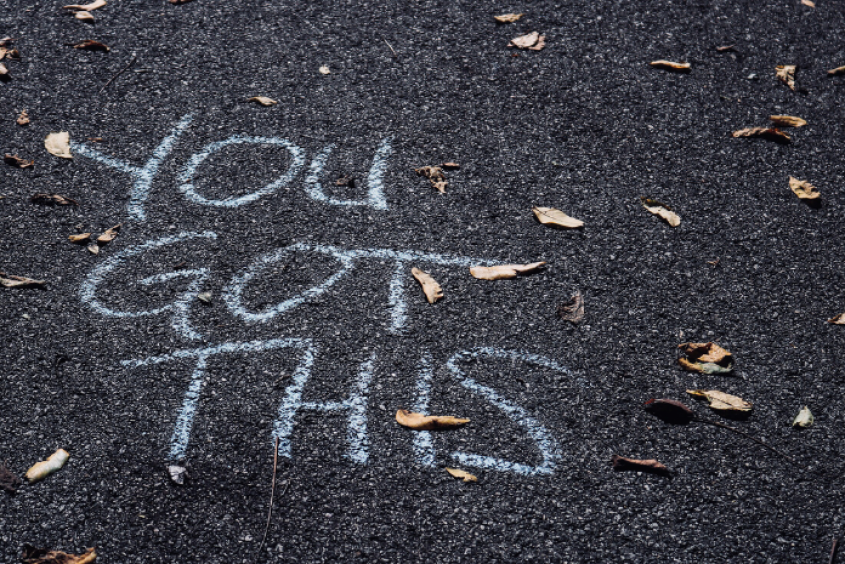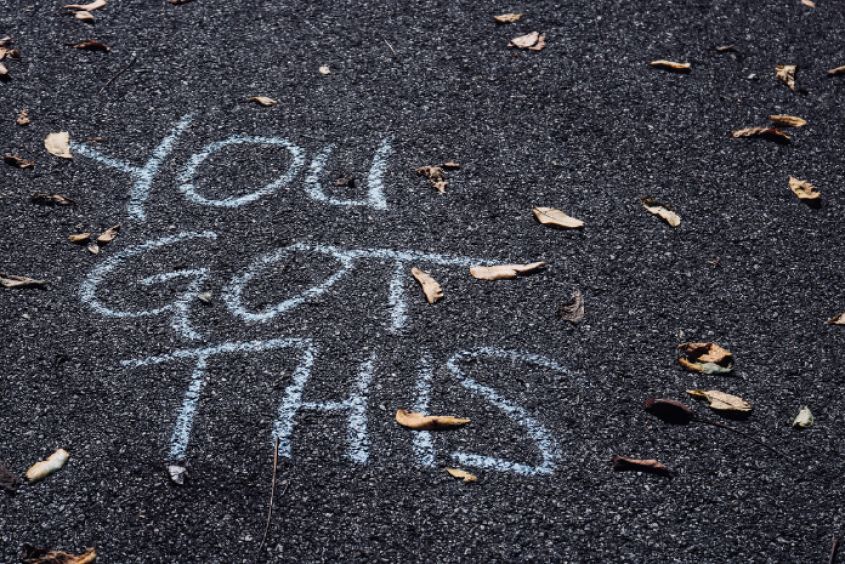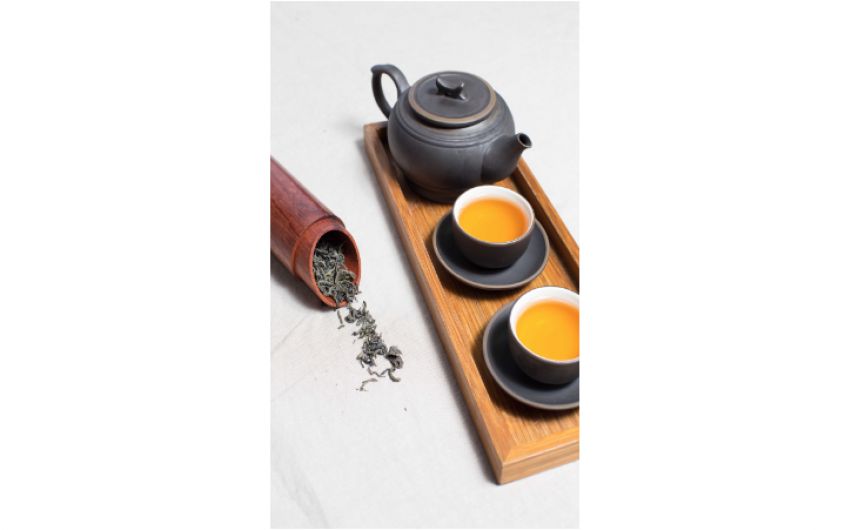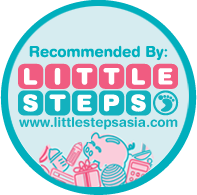
To beat stress, first you have to own it
What I find is that few people like to admit they are stressed or not coping in some way, let alone express how their stress levels are making them feel anxious, restless, sleepless, exhausted, or simply ‘frazzled’; but let’s face it – life in Hong Kong is fast paced, often demanding, and commonly involves long hours, late nights and juggling competing priorities. These elements are all ‘stressors’, which put you under pressure and, depending on your ability to adapt at any given moment in time, can have a detrimental impact on your overall wellbeing.
Stress is not a dirty word
It’s simply a description of what it is to be under pressure of some kind – physical, psychological, emotional, even biochemical… as the foods you choose to eat, your nutritional intake is, at it’s foundation, biochemical nourishment (or not!), which if it is lacking in some way will also put your body under some degree of stress, or undermine it’s ability to function as well as it could.
When put in this light, being asked if you are feeling stressed is not a suggestion that you are not capable. Instead, it’s an opportunity to be really honest with yourself and examine how you are feeling; and what elements in your life could be adjusted or improved to allow you to not just get through the day, but feel energised and remain healthy for the long-term.
Be honest… is your sleep sufficient?
One of the most common stressors I come across is people not getting enough sleep (7-9 hours a night really is what you should be aiming for), or experiencing disturbed sleep because of eating dinner very late (this one’s easy - avoid eating 3 hours prior to going to bed), or maybe due to difficulty quieting the mind. It’s hardly surprising so many people experience fatigue and are less resilient when they are sleep deprived – and no supplement in the world can replace a regular good night’s restorative sleep.
Perhaps you are just really busy
Another common stressor is being ‘on the go’ all the time – a big energy drainer. Scheduling in time to relax each and every day is essential for overall wellbeing. At least 30 minutes is a start (an hour is better) doing something you love, for yourself only, and something that can help you regain some balance: reading a good book, a gentle walk in nature, creating an art journal, listening to a guided visualisation, a quiet seated meditation – all of these can help switch on your natural relaxation response, which is what needs to occur daily to help you restore those internal batteries and build some resilience against the pressures of everyday life. Whilst a good work out at the gym is great for some peoples’ stress management strategy; going for a run good for others – regular intense exercise doesn’t negate the need for actual relaxation time.
Solutions to help you unwind
If you have difficulty switching off a busy mind you may need something specific to help you get started. There are herbal solutions to this challenge, but personalising these to each individual is the key to their success. For some people a tea made from chamomile flowers taken three times a day is a start; or perhaps some lavender flowers blended with a little spearmint leaf will be what resonates with you.
For others, a herbal formula is the way to go – it may include some calming herbs to help you ground and centre yourself more easily, or some ‘adaptogens’, a class of herbs with very specific individual uses but which can help improve mental and physical performance. A tailored herbal formula can be wonderfully supportive and nourishing, helping to correct any imbalance you are experiencing, and give you some space to make the changes you often need to make for the longer-term. You just have to make sure you are taking the right herbs for you.
One size can never fit all
Blending herbs will always be my preference when it comes to supporting someone experiencing some sort of stress, because it allows for a truly personalised approach to each persons unique situation. Whilst one person may want to feel calmer throughout the day, another will be very tired (perhaps due to frequent travel) and want to feel more energised or able to focus better – choosing different herbs allows me to tailor the remedy to each person. Whilst there are some helpful premade formulas available, these simply don’t suit everyone so don’t always achieve the same outcomes as a tailored approach.
The solutions to stress management don’t just come in a bottle
Before I became a naturopath, I had a background as a meditation teacher, Reiki practitioner and also a holistic massage therapist; all therapies shown to help clients manage the effects of everyday stress and life challenges better.
As such, I still encourage clients to have regular monthly Reiki sessions for the deep relaxation and balance this can bring, to learn how to meditate, or show them how to take frequent ‘breathe breaks’ each day, and also to enjoy a regular relaxation massage for some ‘time out’.
These practices, with the right practitioner, can all help to also balance the subtle anatomy – the one that’s unseen but still essential to good health. You may have come across reference to this subtle energy system if you are familiar with the Ayurvedic chakras and nadis, or the traditional Chinese medicine meridians.
Pro-actively manage any current and future stress
Everyone experiences stress in an individual way, and whether you have just become used to operating at a higher, faster level, or adapted to surviving on 6 hours sleep per night – like it or not, your exposure to stressors may well be having a subtle (or not so subtle!) impact on your long-term health and how well you are ageing. Fortunately you have a choice to improve this situation as the impact of stressors and your degree of resilience to everyday life challenges will be directly related to the choices you make every day regarding how well you eat, move, sleep, relax, and support yourself with some extra help as needed.
Take the long view and ask yourself whether you could be more energetic, feel more calm, sleep better, digest better, or maybe something else which is less than optimal. If so, I’d encourage you to be pro-active and manage these elements specific to you with equally specific personal strategies. What’s most satisfying to me is watching clients who are truly engaged with their own wellbeing, and who want to age well with more resilience and less stress, creating the lifestyle changes they need to enjoy a life lived more smoothly.
That, along with an appropriate herbal tonic, and/or a nutritional strategy to support a healthy hypothalamic-pituitary-adrenal (HPA) axis function (what we used to call ‘supporting the adrenals’…more on that in the next post) can help anyone tackle the stressors the future will inevitably bring and keep you as well as possible during that time.
By Jo Herbert-Doyle, Naturopath
massage naturopathy reiki relaxation




